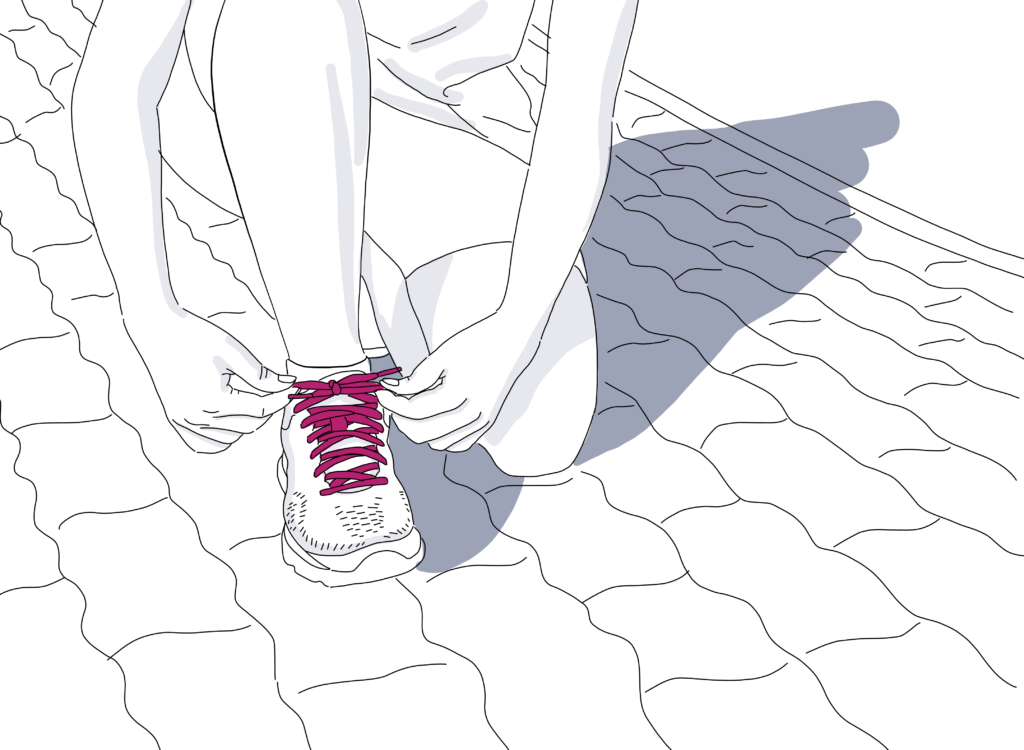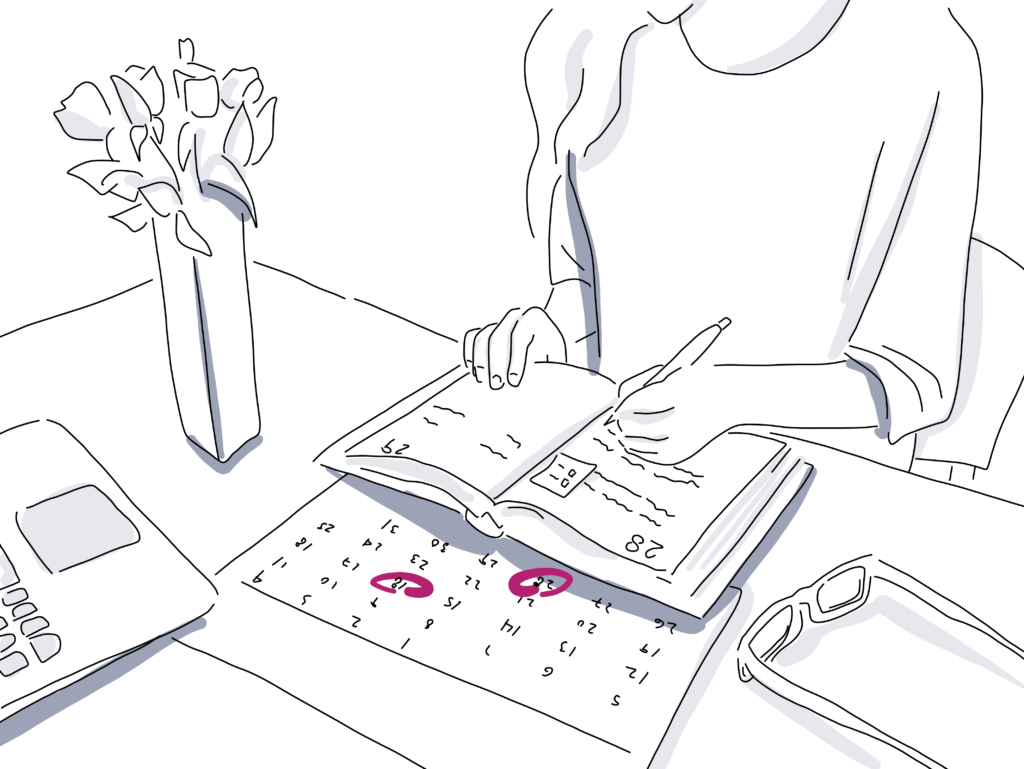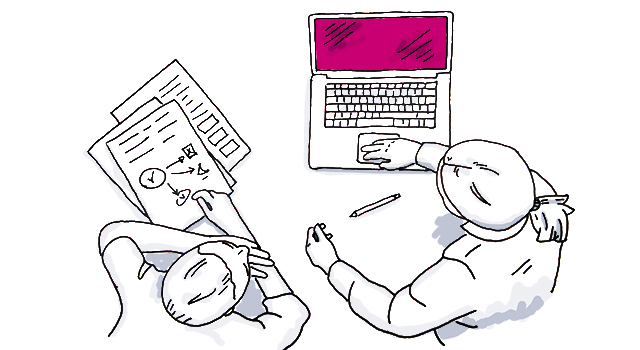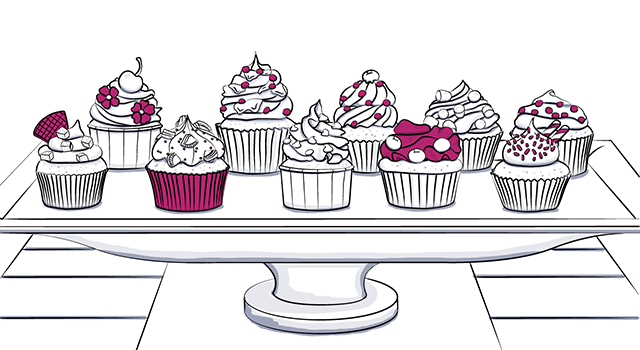
Wednesday Wisdom: 7 Stress-Busting Tips to Prevent Event Management Burnout
The rankings are in: Once again, the event coordinator lands in the 10 most stressful jobs category for 2019. Surprised? We’re not either.
The daily juggling act is enough to stress anyone out, and that’s just on the easy days. Event planning professionals possess the astounding ability to manage fine details and multitask without flinching.
Constant communication, budgets, marketing”and averting any imaginable disaster”are all part and parcel of the job. If not kept in check, however, this high-pressure routine can lead to burnout.
Is it burnout, or is it just stress?
Stress doesn’t always mean burnout. While stress can lead to burnout and neither is ideal, the cyclical nature of burnout is far more concerning than occasional stress on the job.
Burnout can contribute to dissatisfaction and decreased productivity, as well as serious health concerns such as depression and high blood pressure.
Signs of burnout may include:
- Irritability or frustration
- Physical exhaustion, fatigue, headaches
- Lack of motivation
- Self-doubt
- Decision fatigue
- An increase in mistakes
- Changes in sleep patterns
If all signs point to you, take a deep breath. Countering burnout is possible, even in the event planning industry with these 7 tips to prevent event management burnout:

1. Set boundaries to create better work/life balance
Whether it’s keeping work at work or sticking to deadlines, setting boundaries can create the necessary buffer to prevent burnout. Finding balance is an individual process, and it will look different for each person. But consider these helpful boundaries:
Disconnect after a specific time.
While some event planners are perfectly happy on call around the clock, others prefer not to accept phone calls later than a certain time or only respond to emails during regular working hours.
Of course, flexibility, as an event nears, is a necessary part of the gig, too. But, flexibility doesn’t mean never turning ˜off.’ Create a plan that considers both regular days and crunch time, and ensure that both clients and your event planning team understand the guidelines.
Manage client expectations.
From setting solid (yet reasonable) deadlines to agreeing upon terms, establishing”and sticking to”expectations can reduce burnout. Let clients know what your availability is, and specify the appropriate methods of contact. Don’t oversell when making promises, either. Offering more than you’re able to produce adds tension. Be honest about the team’s skills and ability. Don’t promise a 50-percent increase in ticket sales or 200 hand-embossed seating cards at the last minute if it’s not feasible.
Establish boundaries for yourself, too.
There’s more to boundaries than setting ground rules for clients. Balance comes from knowing personal limits. Personal boundaries may include pledging to work at a reasonable pace or focusing on only one thing at a time when possible (more on that in tip number 7!).
Learn to dismiss the inner critic.
The little voice in the back of your mind (AKA self-critical thinking) is a major contributor to anxiety and burnout. This is the pesky voice that says you can’t do this, you don’t have time, your client will be unhappy.
Let that critical inner voice know you’ve got everything under control. Counter its negative comments by keeping a gratitude journal, acknowledging your strengths to yourself and others, and celebrating your accomplishments (no matter how small).
2. Use event management tools to streamline processes
Web-based event planning software can help create a workflow that reduces stress on everyone involved in the process. Boost efficiency, stay within budget, and simplify the process with apps and software designed for the events sector.
Digitally plot, manage, and share seating arrangement plans and equipment details, find the easiest ticketing and check-in solutions, collaborate and plan in real-time. Automate repeated tasks so there’s more time to focus on the big picture.
3. Prevent staff burnout – it’s contagious
Hire the staff you need to make things run smoothly”and then support them in their job as well. Employee satisfaction and engagement earns a boost when employers offer meaningful support and true work/life balance.
Foster employee contentment and reduce staff burnout by providing incentives, extending opportunities for growth, and celebrating successes together. Provide a discount to the local gym to encourage participation in yoga or fitness classes.
Bring everyone together for team-building exercises”but look for opportunities that don’t feel like work. Arrange a day at the country club or a cookout at the beach.

4. Communicate and delegate
Communicate with the entire team about tasks and deadlines. The truth is, having an inner control freak is what makes many event planners outstanding at their jobs, but knowing when to ask for help is an invaluable skill.
Delegate essential tasks to appropriate team members, and then trust them to follow through while you manage your responsibilities.
Have contingency plans for if (when) things go awry. Even the most meticulously planned events hit snags”knowing how to handle those mishaps offers a professional appearance and increases self-confidence.
Ensure the whole crew knows the backup plan, too. This helps reduce the stress of wondering ˜what if?’ and worrying about how the team will manage inevitable complications.
5. Take time for self-care
Burnout is a downward spiral in which you find yourself working more and more while accomplishing less and less. Self-care may seem difficult to work into a busy schedule, but it actually interrupts the downward spiral, improves productivity and morale, and reduces chronic stress.
The mantra of self-care isn’t new, but too often it’s more talk than action. Take a vacation, disconnect and unwind, or find creative outlets to keep you motivated: Add that downtime into your calendar if you must, and don’t cancel at the last minute”this is as important as any other item on your to-do list.

Self-care goes further than time off, too. Exercise is proven to reduce stress. A gym membership or regular yoga class offers an outlet”and signing up for a membership provides accountability and encourages regular participation.
If you’re feeling overwhelmed at any point, take a walk. As a bonus, walking improves creativity; you might well solve pesky problems or dream up a unique event theme while you walk.
Take steps while planning and executing events as well. Physical comfort can help reduce stress, so opt for comfortable (but professional) shoes and clothing. Footwear that pinches or a restrictive jacket makes event setup and a day on your feet seem increasingly impossible.
Similarly, be aware of posture. For many, stress is held in the shoulders, which strains the neck and back. Carrying tension in any part of the body can contribute to the feeling of stress. Loosen up: Breathe, stretch, and release that tension.
6. Focus on strengths rather than weaknesses
With dedicated team members, there’s no reason to go it alone. The nine-to-five is more satisfying when we are doing something gratifying. Really love crunching numbers, but find digital networking draining?
Take on the spreadsheets and let the social media maven handle the online presence. Let each team member work to their strengths for a happier, more balanced work life.

7. Allow a time buffer between responsibilities
Jumping from one task to the next without a moment to breathe can contribute to burnout. Without time to clear your mind between tasks, stress rises and productivity decreases.
Even five minutes of downtime can help you start the next task feeling composed and ready. Take a short walk, look outside, have a healthy snack, or take a few minutes for some deep breaths to reduce the rushed feeling.
When possible, arrive early or stay late at destination events. Not only does this allow for a little extra setup time, but there is the added opportunity to explore the venue and enjoy the host city off-the-clock.
Event planners are multitaskers extraordinaire, but the hustle can become too much for anyone. Follow some”or all”of the above tips and you’ll soon notice improvements in your physical and mental health, as well as your productivity and focus on the job.
Looking for more tools to power your burnout prevention? Ensure you’re prepped and ready with The Ultimate Site Inspection Checklist and get a handle on day-of logistics with event planning software.

